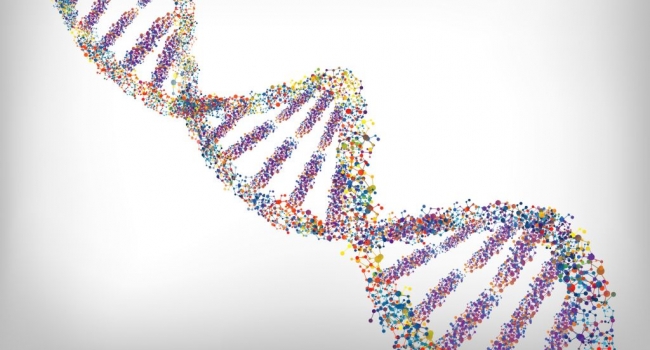- Latest news▼
-
15:11, April 24 Zombie deer disease possibly linked to hunters’ deaths

-
12:27, April 23 Appetite: Scientists found out the secret to the appeal of large portions of fast food

-
10:33, April 23 Scientists test new approach to fighting viruses

-
08:38, April 23 Ketamine may help with postpartum depression

-
22:12, April 22 Unhealthy amount of sugar found in baby food products of a well-known brand

-
19:41, April 22 Air pollution puts health of more than 1.6 billion workers globally at risk

-
17:25, April 22 Scientists found baked goods and lack of sleep to be more dangerous than alcohol

-
16:02, April 22 342 cases of measles recorded in Armenia so far in 2024

-
15:29, April 22 BrainStimulation: electrical brain stimulation alleviates anxiety and depression in the elderly

-
08:27, April 22 Cognitively stimulating jobs in midlife could lower dementia risk in old age, study finds

-
20:37, April 21 Environmental Health Perspectives: Microplastics ingested with food and water can spread from the gut to the brain

-
22:41, April 20 Scientists develop new method to safely stimulate immune cells to fight cancer

-
20:46, April 20 Blood test can determine who is at risk of developing multiple sclerosis - scientists

-
18:36, April 20 Next pandemic likely to be triggered by flu - scientists

-
12:16, April 19 Scientists grow human mini-lungs in lab

All materials
CRISPR to be used to edit human genes in the US?

A federal panel will get its first look next week at a proposal to use the revolutionary gene-editing technology CRISPR in humans, in this case to try to treat cancer.
The experiment, proposed by the University of Pennsylvania, would remove certain cells of the immune system, called T cells, from cancer patients. Scientists would then use CRISPR to genetically modify the T cells so that when they’re returned to the patient, they target and destroy myeloma, melanoma, and sarcoma tumor cells.
Carrie Wolinetz, the associate director for science policy at the National Institutes of Health, disclosed the review in a blog post, which was first reportedby MIT Technology Review. The federal panel must review all human experiments that alter DNA.
A biotech company, Editas Medicine in Cambridge, Mass., had been expected to be the first to use CRISPR in people, in an effort to treat a rare eye disease. But it looks like Penn might beat Editas to the punch.
Neither Penn nor Editas immediately responded to requests for comment.
Penn scientist Dr. Carl June pioneered the use of genetically modified T cells, called CAR-T’s, as a cancer treatment. So far, researchers have used traditional genetic engineering to make the cells home in on the molecules that stick out of tumor cells. But that’s less efficient and often less precise than CRISPR.
Penn is reportedly seeking NIH approval to use CRISPR to edit out two genes in T cells. One, called PD-1, suppresses the ability of T cells to attack tumors. The other is a T cell receptor that can turn the body’s natural defenses against itself.
The medical significance of the proposal is not clear, since gene editing has already been used in humans — just not gene editing via the CRISPR-Cas9 system.
Follow NEWS.am Medicine on Facebook and Twitter
- Video
- Event calendar
- Archive
- Most read
month
week
day
- JAMA Oncology: Urine test can help rule out high-grade prostate cancer with almost 100% accuracy, study shows 1258
- Daily Mail: Elderly woman in China gets infected with brain-eating amoeba 1202
- Scientists grow human mini-lungs in lab 1150
- Next pandemic likely to be triggered by flu - scientists 895
- Scientists found baked goods and lack of sleep to be more dangerous than alcohol 804
- 342 cases of measles recorded in Armenia so far in 2024 764
- Blood test can determine who is at risk of developing multiple sclerosis - scientists 744
- Scientists develop new method to safely stimulate immune cells to fight cancer 744
- Cognitively stimulating jobs in midlife could lower dementia risk in old age, study finds 727
- BrainStimulation: electrical brain stimulation alleviates anxiety and depression in the elderly 672
- Air pollution puts health of more than 1.6 billion workers globally at risk 541
- Unhealthy amount of sugar found in baby food products of a well-known brand 537
- Ketamine may help with postpartum depression 524
- Appetite: Scientists found out the secret to the appeal of large portions of fast food 522
- Scientists test new approach to fighting viruses 505
- Find us on Facebook
- Poll





